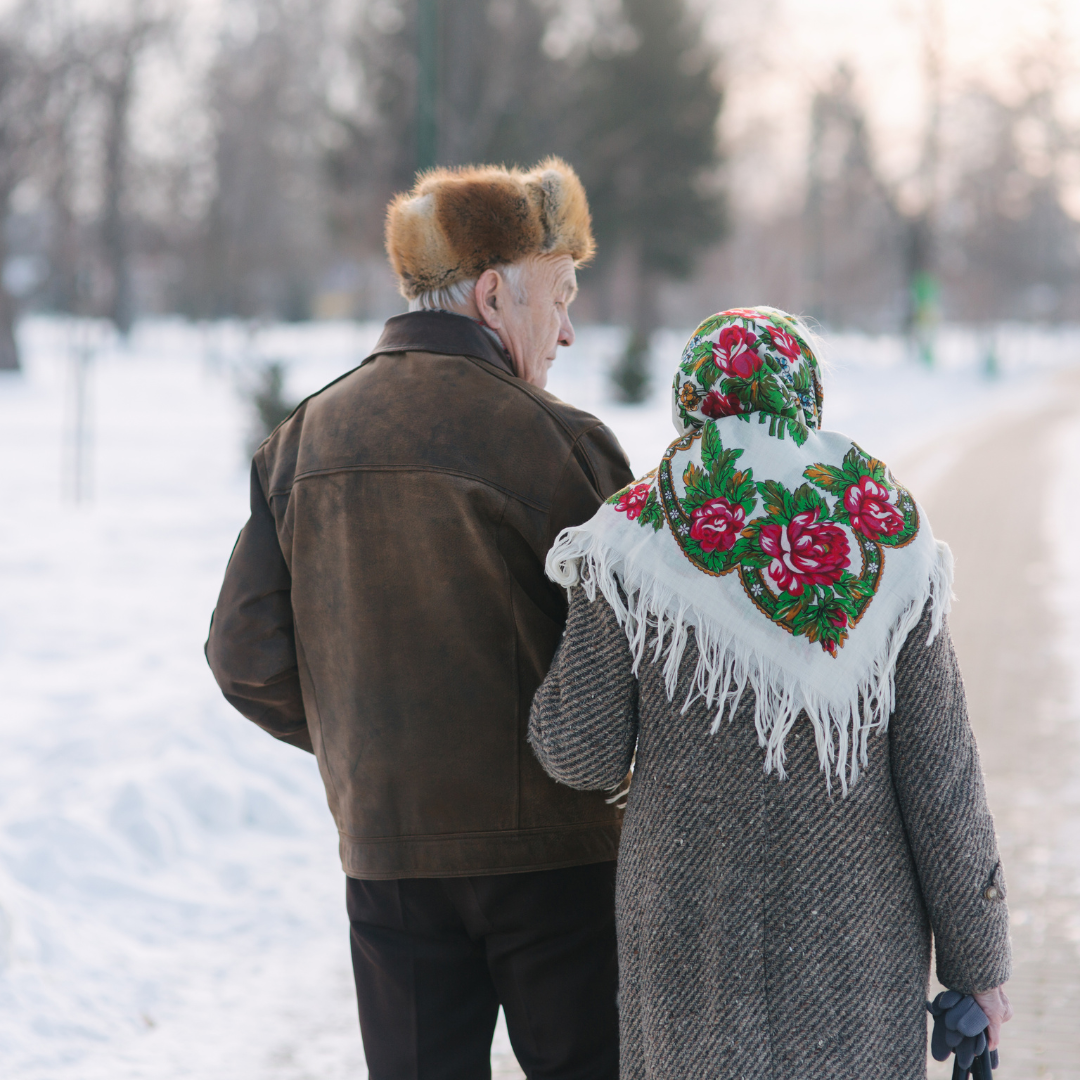Menu
 Canada's Largest Selection - Free Samples - Same Day Shipping if Ordered by Noon EST*
Canada's Largest Selection - Free Samples - Same Day Shipping if Ordered by Noon EST*
 Visit USA shop
Visit USA shop

Why is incontinence worse during the winter months?
Urinary incontinence can be worse during winter for several reasons:
How can I reduce the risk of an accident?
If you have questions or need help making the right choice for your or your loved one's needs, our customer care team would be happy to help.
Signup for our Free Automatic Delivery Program and save 5% on all automatic orders going forward. Click here to learn more.
© 2024, Healthwick Canada Powered by Shopify
